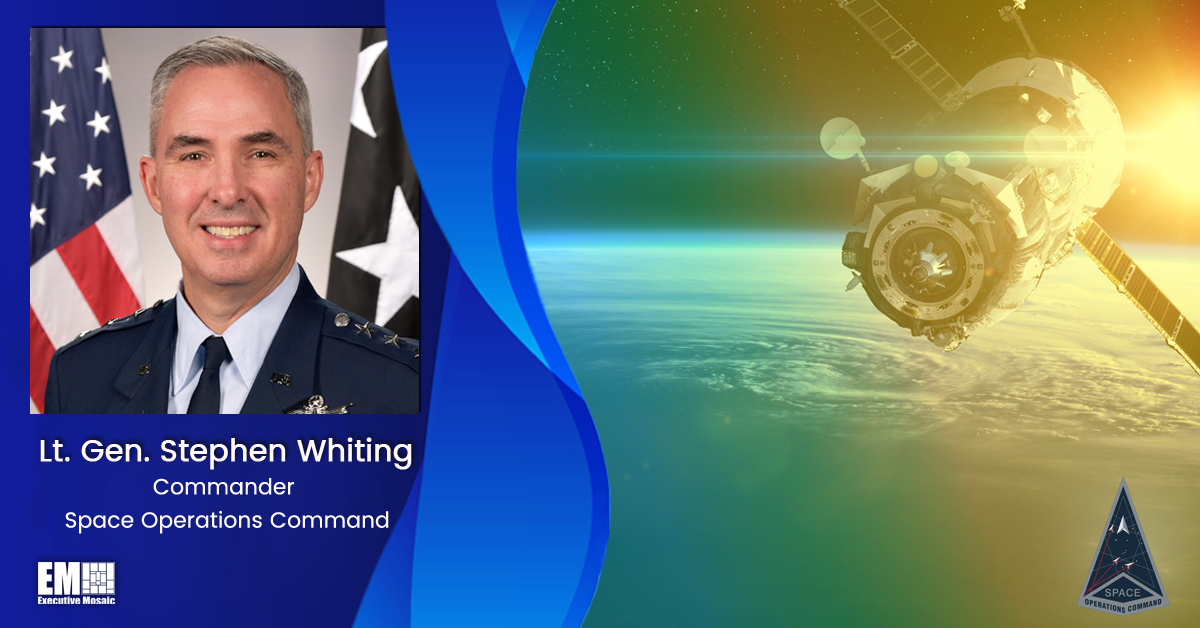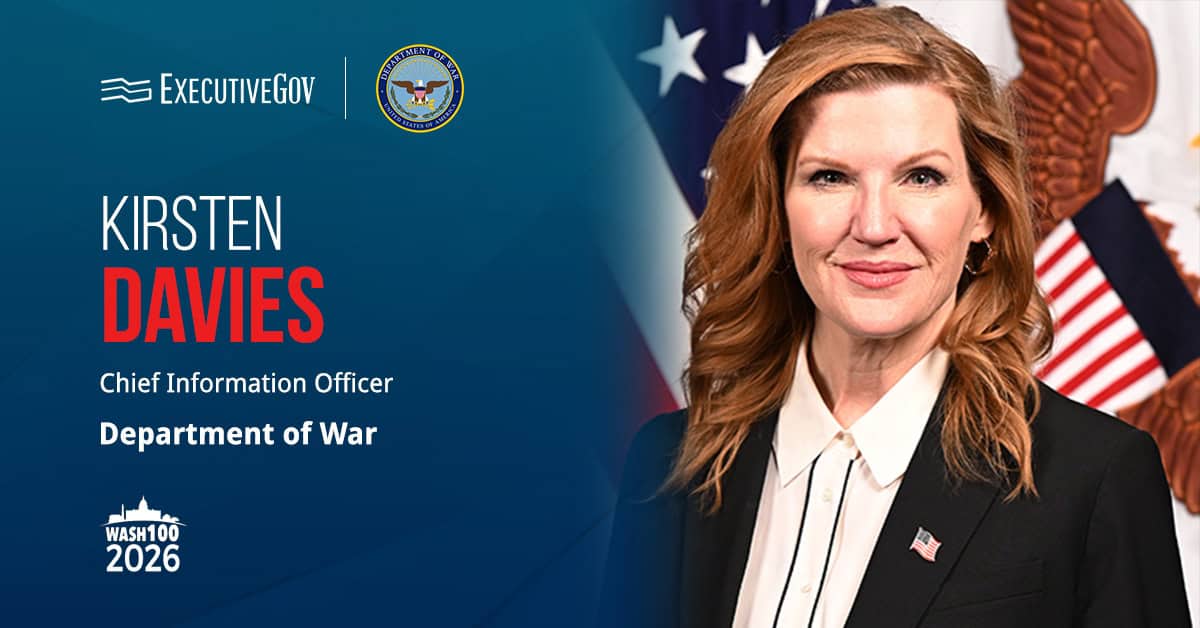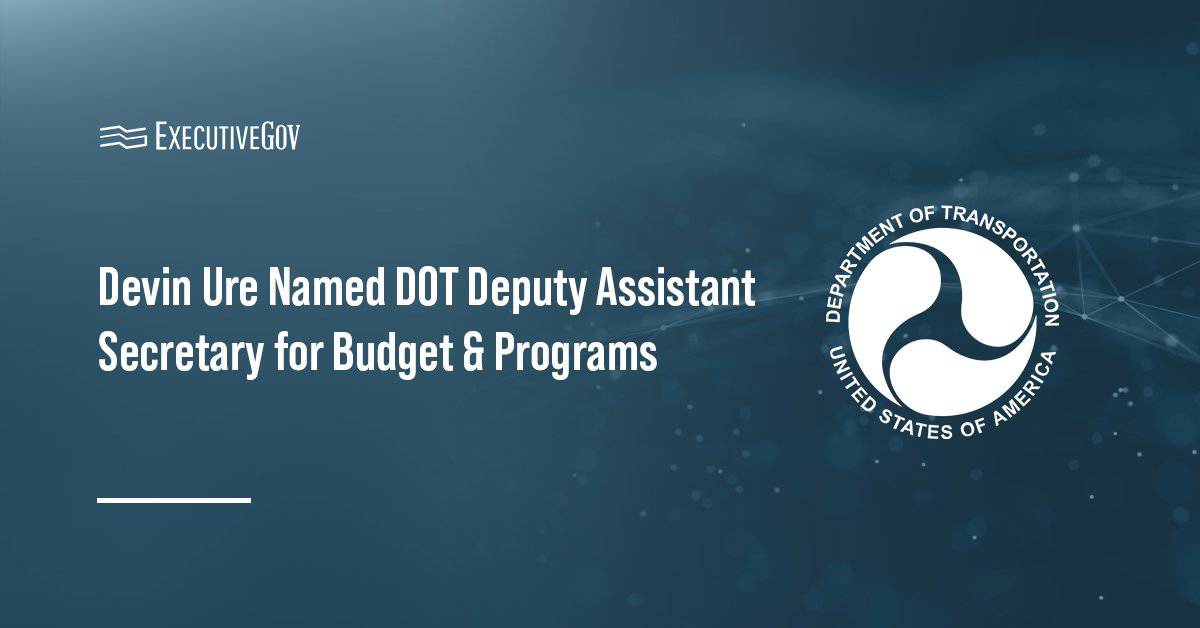President Joe Biden has nominated Lt. Gen. Stephen Whiting, commander of Space Operations Command, for promotion to the rank of general and to serve as the next head of U.S. Space Command, Breaking Defense reported Wednesday.
The Senate received Whiting’s nomination from the president on Tuesday.
If confirmed by the Senate, he would succeed Gen. James Dickinson as SPACECOM commander.
In his current role, Whiting oversees the preparation and sustainment of combat-ready intelligence, space, cyber and combat support forces.
The lieutenant general previously served as deputy commander of U.S. Space Force and Air Force Space Command, head of the 14th Air Force and as deputy joint force space component commander within U.S. Strategic Command.





